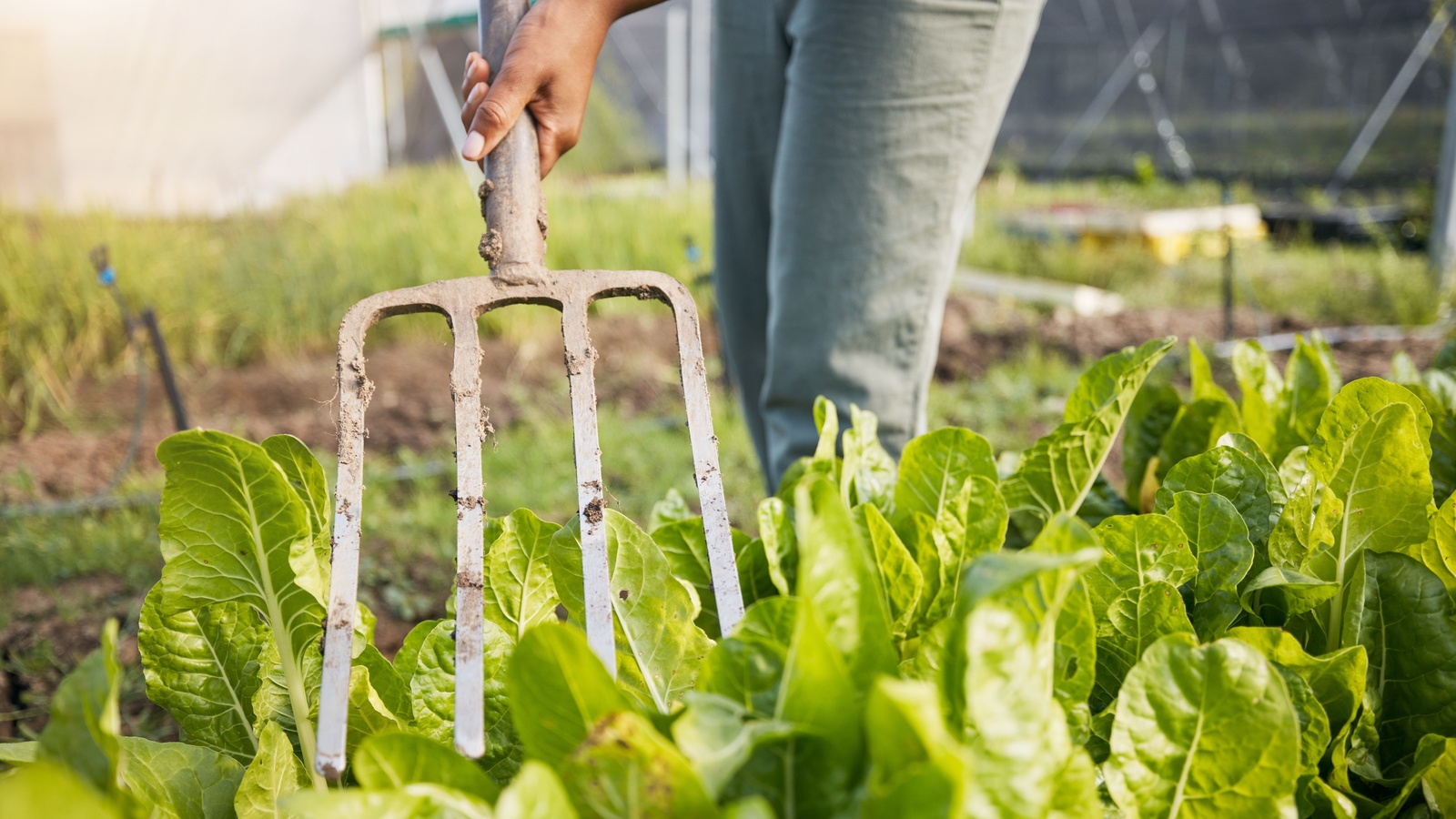From Farm to Fork: The Environmental Impact of Different Dietary Choices
The connection between our food choices and the environment has never been more evident. Simply look at the way land and water are used, the impact of greenhouse emissions, the heavy use of pesticides and chemicals, and the usage of plastic packaging. As we become increasingly aware of the environmental impact of our diets, understanding how different dietary choices—from plant-based to meat-centric—affect the planet is crucial. From the way food is grown to how it reaches our plates, every step of the process has a significant impact on the environment.
Let's explore how different dietary choices shape the world around us.
The environmental footprint of animal agriculture
Animal agriculture is one of the most resource-intensive forms of food production. The raising of livestock for meat, dairy, and eggs requires vast amounts of land, water, and feed, contributing to deforestation, water depletion, and biodiversity loss. For instance, cattle farming is a leading cause of deforestation in the Amazon, where forests are cleared to make way for pasture land or to grow soybeans for animal feed.
Moreover, livestock production is a major source of greenhouse gas emissions. Methane, a potent greenhouse gas, is produced in large quantities by ruminant animals like cows and sheep during digestion. According to the Food and Agriculture Organization (FAO), livestock accounts for about 14.5% of global greenhouse gas emissions, with beef and lamb production being particularly high contributors.
Water usage is another critical concern. Producing a single pound of beef can require up to 1,800 gallons of water, when considering the water used to grow feed crops, hydrate animals, and process meat. In comparison, plant-based foods generally have a much lower water footprint, making them a more sustainable choice in regions facing water scarcity.
Plant-based diets: a greener alternative?
Plant-based diets are often touted as the more sustainable option, and for good reason. Producing fruits, vegetables, grains, and legumes typically requires fewer natural resources and generates lower greenhouse gas emissions compared to animal products. For example, producing a pound of lentils requires about 500 gallons of water—far less than the amount needed for beef.
Additionally, plant-based foods have a lower carbon footprint. A study published in Nature found that if the global population adopted a plant-based diet, it could reduce food-related greenhouse gas emissions by up to 70%. This shift would also alleviate pressure on land resources, allowing for more sustainable land use and helping to preserve biodiversity.
However, it’s important to note that not all plant-based foods are created equal in terms of environmental impact. Certain crops, like almonds and avocados, require significant amounts of water and are often grown in regions facing drought conditions. Furthermore, the environmental impact of transporting plant-based foods, particularly those that are imported from distant countries, can offset some of their benefits. This highlights the importance of choosing locally sourced, seasonal produce when possible.
The role of sustainable agriculture
Sustainable agriculture practices, regardless of whether they involve plant or animal production, can significantly reduce the environmental impact of food. Regenerative farming, for example, focuses on restoring soil health, increasing biodiversity, and sequestering carbon in the soil. This approach not only reduces greenhouse gas emissions but also enhances the resilience of ecosystems.
For meat production, sustainable practices such as rotational grazing, where livestock are moved between pastures to allow the land to recover, can mitigate some of the negative impacts associated with conventional animal agriculture. Similarly, integrating crop and livestock farming can reduce the need for synthetic fertilizers and improve soil health.
Grass-fed beef can be carbon positive through regenerative grazing. Cattle naturally graze and trample the soil, improving plant growth and stimulating root systems that sequester carbon. Their grazing also enhances microbial activity, which helps lock CO2 in the soil. This process boosts soil health and reduces the need for carbon-heavy inputs like fertilizers, making grass-fed beef a more sustainable option.
On the plant-based side, organic farming practices that avoid synthetic pesticides and fertilizers, promote crop rotation, and encourage polyculture (growing multiple crops together) can reduce environmental harm. Organic farming also tends to be more energy-efficient and promotes healthier soil, which is essential for long-term agricultural sustainability.
The power of consumer choices
As consumers, our dietary choices have a profound impact on the environment. By opting for more plant-based meals (like this delicious plant-based mac & cheese), reducing food waste, and choosing sustainably produced and locally sourced foods, we can all contribute to a healthier planet. Small changes, like participating in meatless Mondays or supporting local farmers' markets, can collectively lead to significant environmental benefits.
Moreover, being informed about the environmental impact of different foods can guide better decision-making. For example, choosing grass-fed beef, which has a lower environmental impact than grain-fed beef, or selecting products with certified sustainability labels can help reduce your carbon footprint.
From farm to fork, every dietary choice we make leaves a mark on the environment. Understanding the environmental impact of different foods empowers us to make more sustainable decisions that benefit not only our health but also the planet. By embracing a diet that prioritizes sustainability—whether through reducing meat consumption, supporting regenerative agriculture, or choosing local and seasonal produce—we can all play a part in creating a more sustainable food system for future generations.
You can learn more about the importance of your dietary choices and how they affect the planet inside of the Food Matters Nutrition Certification Course here.
Do you have a passion for nutrition & natural healing?. Learn more about the Food Matters Nutrition Certification Program here.










